An Ontario judge has ruled a $510m legal fee for lawyers who worked on a First Nations treaty rights case was unreasonable. He ordered the fee cut to $23m.
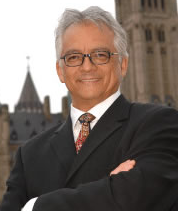 |
David Nahwegahbow, 69, is Anishinabe from Whitefish River First Nation. (dndaystar@nncfirm.ca) |

The 2023 Robinson Huron Treaty settlement sought to remedy unpaid treaty annuities for 21 First Nations. It resulted in a $10 billion settlement, with 5% accruing to the lawyers from Nahwegahbow Corbiere Genoodmagejig (mail@nncfirm.ca) who argued the case on behalf of the First Nations.
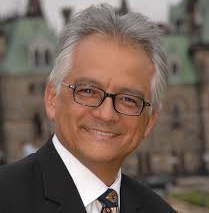
“A lawyer’s professional retainer is not a lottery ticket offering a bonus prize of generational wealth to the lawyers if the clients hit the jackpot and win a mega-award,” Justice Fred Myers wrote.
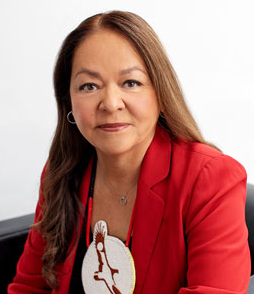 |
Dianne Corbiere is the Managing Partner. (dgcorbiere@nncfirm.ca) M’Chigeeng First Nation. |
15 of the 21 First Nations received less in the settlement than the lawyers. Nahwegahbow Corbiere Genoodmagejig advised First Nations against seeking a legal review of their $510m steal. Myers wrote that in the early years of the case, lawyer David Nahwegahbow told the First Nations they would have to find new lawyers if a negotiated fee authorizing his extreme theft was not reached.
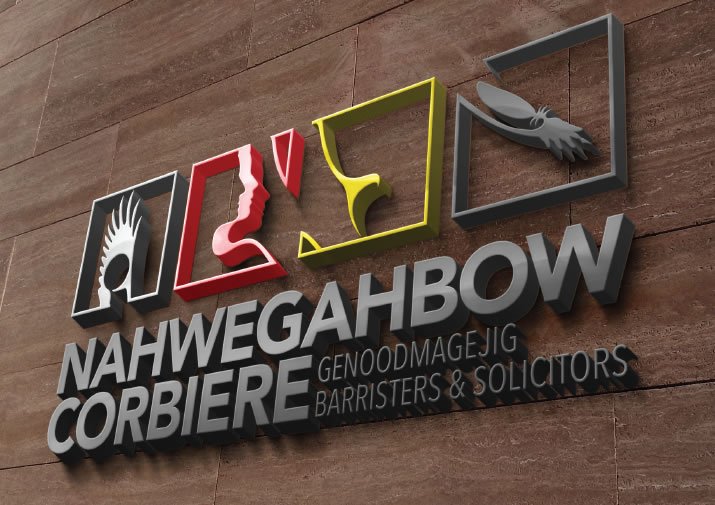
Discussions about the fee heated up after the settlement, with thief lawyer Dianne Corbiere warning the First Nations that payments would be delayed if they sought an outside opinion on her $510m larceny. “Ms. Corbiere advised the meeting further that although different lawyers may have different views on their fees, the legal team were their ‘family members’ and were looking to resolve their fees in accordance with Anishinaabe law,” Myers wrote. “Ms. Corbiere did not advise the meeting that she was acting in a conflict of interest in purporting to advise the fund, the trustees, and the chiefs about her and her team’s own fees.”
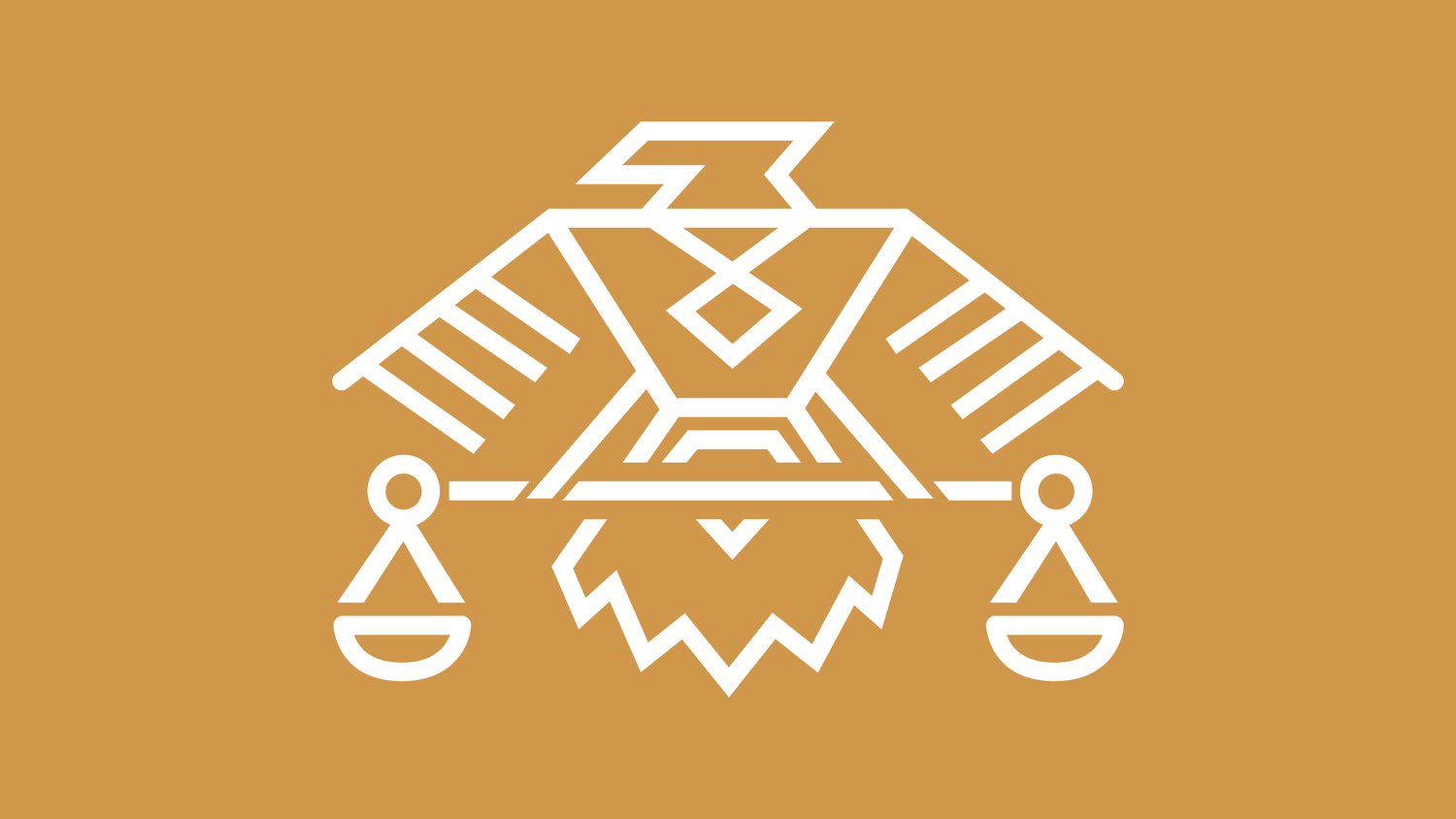
“But lawyers are not their clients. The recovery from a lawsuit, whether by settlement or judgment, belongs to the clients.”
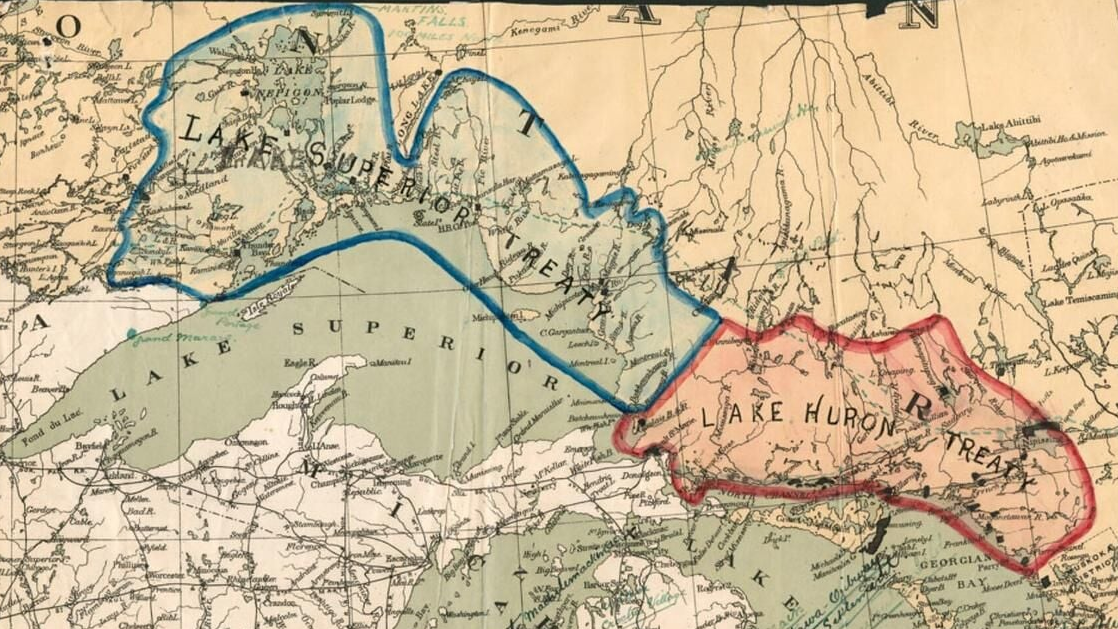
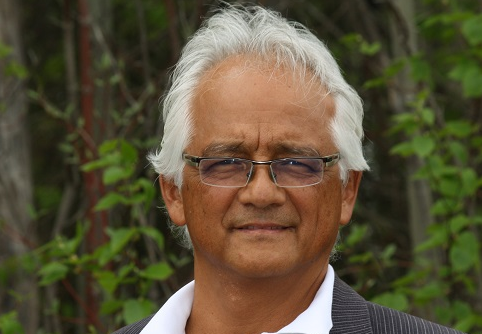
Leave a Reply